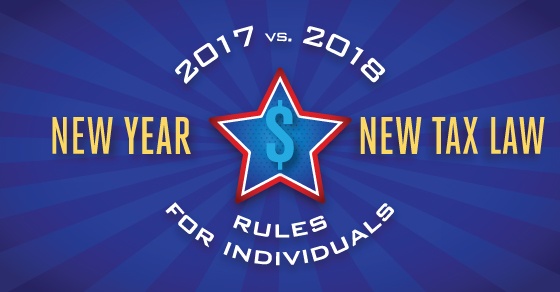Home sale exclusion remains intact
Although Congress threatened to reduce the benefits of the home sale exclusion, the final version of the new Tax Cuts and Jobs Act (TCJA) did not include a crackdown. As a result, if you sell your home at a huge profit and qualify under the existing rules, you can still exclude up to $250,000 of your gain—$500,000 if you’re married and file a joint return—from the sale of your home.


















